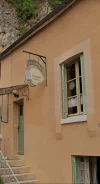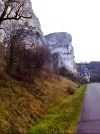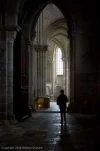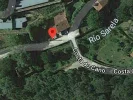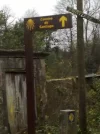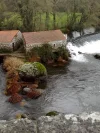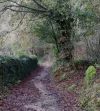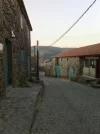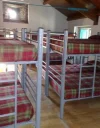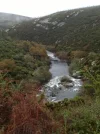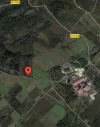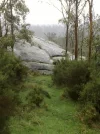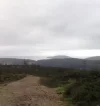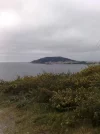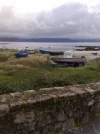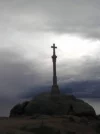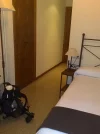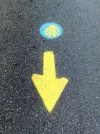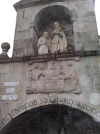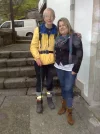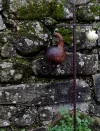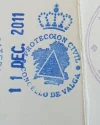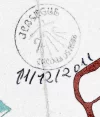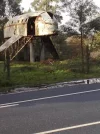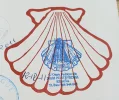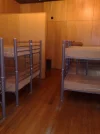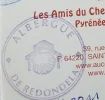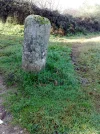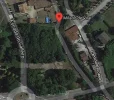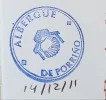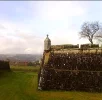December 12, 2011
Backward to Portugal
to Pontevedra
After an easy hour on the camino, during a dense fog I lost the path near Briallos and then nervously walked along the verges of busy highway N-550 as trucks rumbled past.
View attachment 114708
Thus at Lugar San Amaro 6 on the N-550 roughly 12 km south of Caldes das Reis /9 km north of Pontevedra I passed this bizarre airplane. It is perhaps the oddest object I have ever seen while walking in Spain; there was no sign of why or how it "landed".
By mid afternoon or Spanish lunch time I finally arrived in
Pontevedra. This prosperous maritime city on the rio Lérez which leads to the sea boasts a handsome central historic district crossed by small intriguing streets.
I quickly visited the 18th c. circular Santuary of the Virgin Pilgrim and later found a seat nearby on the Praza Ourense at a resto/bar where I enjoyed a great
menu del dia. It was good to sit after my morning stroll.
Mellow and relaxed after lunch I followed the Rua de Gorgullon south to the bus/train station and the
Xunta albergue which was new and commodious with wonderful
calefacción central/heat!
The heat was a treat for the one other pilgrim, a young woman who had walked from Lisbon, and me! We happily chatted in French about our walks; she was going up and I was going down. However we both were tired and went to bed soon after sunset.
View attachment 114709



